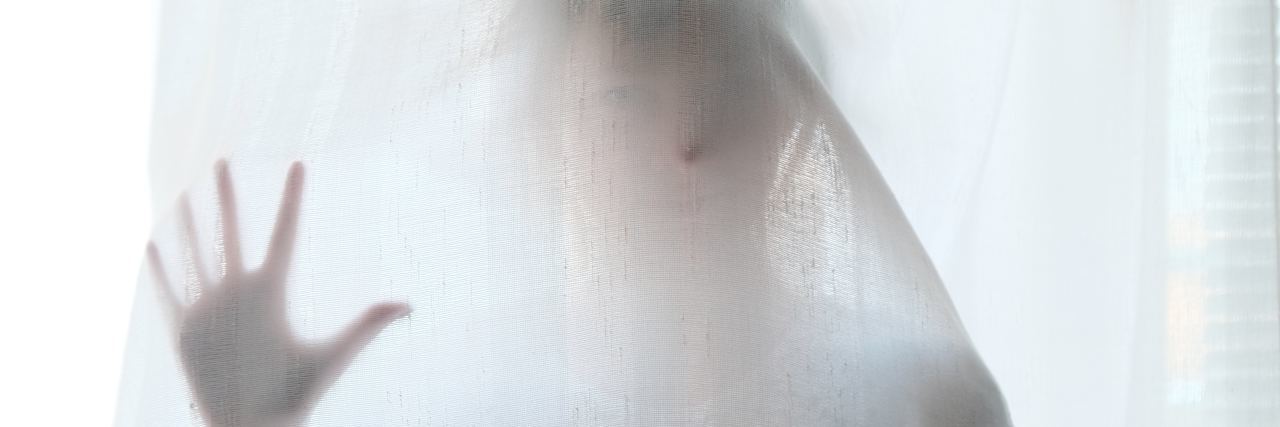I had always seen university as the opportunity I wanted for as long as I could remember: I could finally move away; away from a house that hadn’t felt like home in years; away from a city that was plagued with haunting memories. Everywhere I looked, I was reminded of people who had hurt me and people I had hurt — I could finally leave it all behind and start again.
The only thing I would be bringing with me, except my book collection and my Xbox, was my boyfriend. We had been together for over a year and had kept it going while he was at university in Liverpool and I was at home in Newcastle. He was to be my anchor and my rock when I was finding my feet in Manchester. Now only a fifty minute drive away, I knew we could see each other whenever we wanted to.
In the lead up to leaving home, I found myself desperate for his attention more than ever; I became jealous, paranoid and argumentative, which wasn’t like me at all. I would find myself in the blackest of moods and take it all out on him because I had nobody else to vent my frustrations to. By the time I actually moved away, I had become an unrecognizable version of myself — things were strained. I pushed it over the edge by trying to make him jealous. I would talk about another guy who was interested in me and talk about how funny and talented he was. I wanted my boyfriend to be angry or at least upset, but that didn’t happen. He did the worst possible thing: he acted with indifference.
Drunk, alone and frightened in the middle of a student festival my mind spiraled: He doesn’t love you, he never did. He loves someone else. Why would anyone love you? You’re ugly and useless and pathetic and awful. Everybody must hate you. You’ll never make friends at university. People just pity you. No one would care if you weren’t here. You should just kill yourself, you’re pathetic.
I sat on my bed, stunned at what I had just tried to do. I texted him to tell him what I was thinking and feeling.
“I just can’t handle this right now,” came his reply.
There was begging and pleading and crying, but the outcome stayed the same: the relationship wasn’t good for him. I wasn’t good for him. I was alone.
I’ve never felt as low as I did right then, with absolutely nothing to tie me to life. I was in a strange city, living with strangers, on a course that I thought was pointless and with what I felt like were no real skills or talents. And now, no boyfriend.
Rather than try to take my own life again, I called my mum. Through that one choice, I proved to myself that I was stronger than my thoughts. I could, and I would, be stronger than the voice that told me to give up. She made sure I was safe, staying on the phone with me while on a three hour drive from Sheffield to pick me up. She hugged me and told me everything was going to be OK. She told my flatmates what was happening and that I would be going home for a couple of days. She put me in the back of the car with my pillows and duvet and just let me look at the stars as we drove home. I felt safe.
The best thing my mum did for me was get me to a doctor. I chose to ignore the years of struggling until it became part of my everyday life. If I didn’t acknowledge that I had a problem, the problem wouldn’t be there. After my mum rescued me, I was driven to the doctors and forced to get the diagnosis I had been afraid of — depression.
What I have found is that the diagnosis gave me a tangible thing to fight against — a reason to get better. A reason to attend counseling and work on my negative thought patterns, rather than letting them consume me. It allowed me to share with others what I was going through and help them understand what was happening. I could make friends with the people around me without having to falsify myself. Makeup became unnecessary because I felt comfortable being exactly who I was. It helped me learn to love myself. All of the demons I had caged over my lifetime came spilling out in the emotions of that one night, and I had beaten them.
I’m reminded of motivational posters with quotes like “It always gets darker before the dawn,” and it is true, no matter how cliched that may seem. You will probably never again feel as bad as you did at the lowest point in your life. Even now, when I have bad days, I can look back at the pain I survived and I know I can do it again. I am infinitely better off for having faced my problems directly, no matter how painful it may have been, because it has made me realize I can carry on.
Follow this journey here.
If you or someone you know needs help, visit our suicide prevention resources page.
If you need support right now, call the National Suicide Prevention Lifeline at 1-800-273-8255, the Trevor Project at 1-866-488-7386 or text “HOME” to 741-741. Head here for a list of crisis centers around the world.
We want to hear your story. Become a Mighty contributor here.

